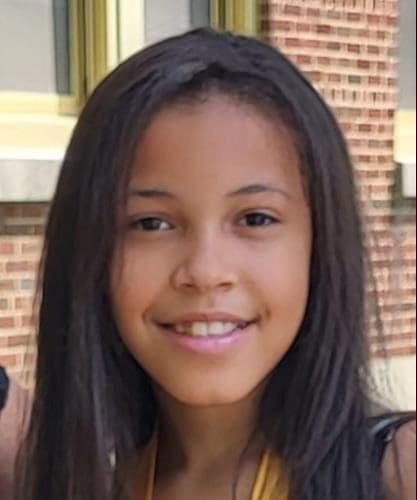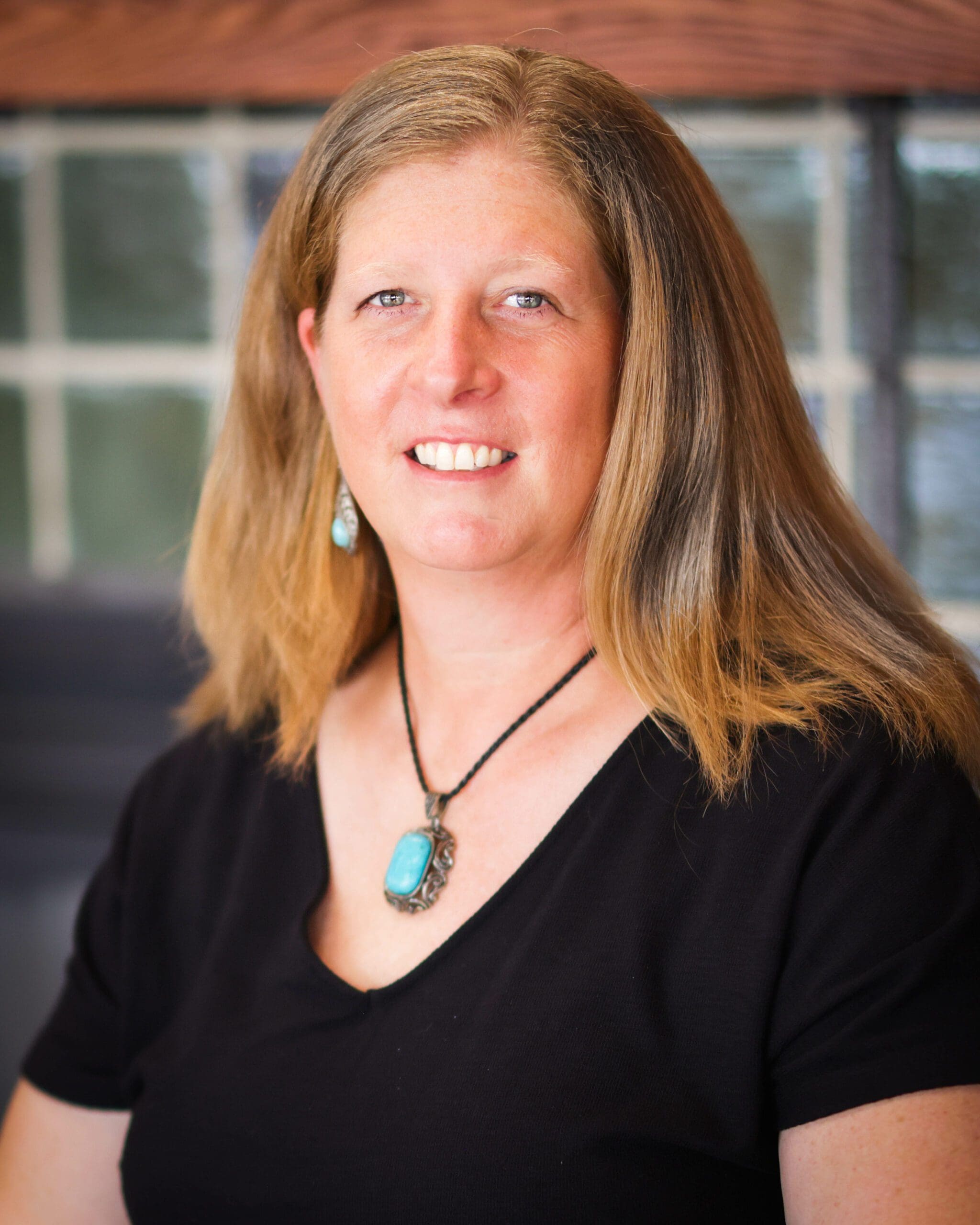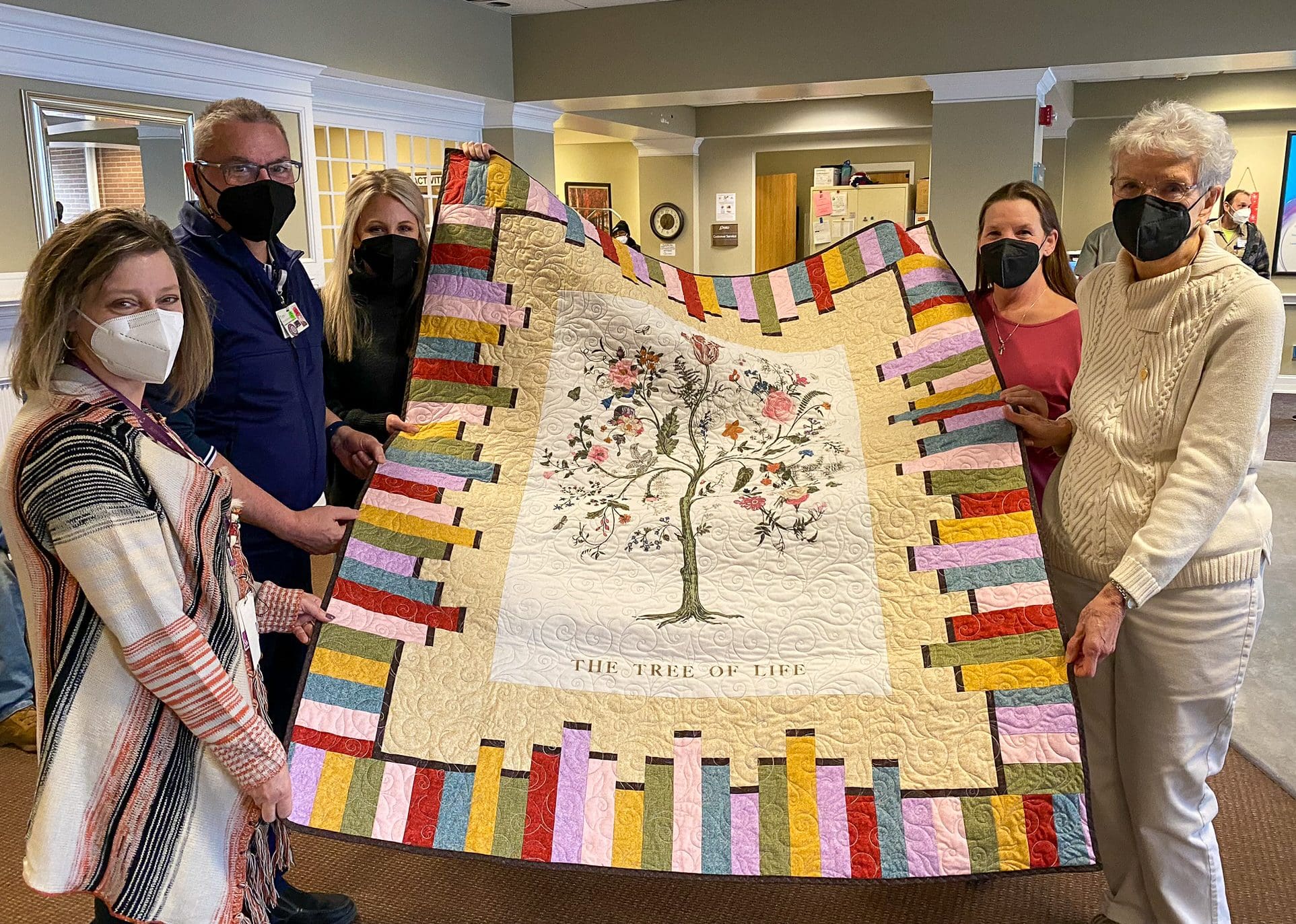October is usually our “Pink” edition, but I thought it was important that we devote some space this month to another public health crisis that actually affects more women.
While one in eight women will face a breast cancer diagnosis, one in four—some studies say as many as one in three—will be abused by a partner. And while October is traditionally recognized as Breast Cancer Awareness Month, it’s also National Domestic Violence Awareness Month.
As a general rule, I don’t include outside content in the magazine—we have enough great contributors that we don’t need syndicated articles. But I received this column a few months ago from Dr. Buck Blodget, a chiropractor who became an author and motivational speaker after his daughter, Jessie, was murdered when she was 19 by a friend. In the wake of her death, Dr. Blodgett founded The LOVE>hate Project (light.org). Parts of his letter really resonated with me, particularly his title: “Is It Time to Treat Violence Against Women as a National Emergency?”
So I wanted to share his letter with you here and encourage you to watch out for your sisters, your daughters, your friends, yourselves: help is a phone call away.
Is It Time to Treat Violence Against Women as a National Emergency?
By Dr. Buck Blodgett
Each day in the United States women are victims of all types of violence at the hands of men – murder, domestic abuse, sexual assault – yet too often as a nation we take little or no notice.
But on occasion, for some of us, the violence hits home and can no longer be ignored. My daughter, Jessie, was 19 when she was raped and murdered in our home by a friend. Her death left me stunned, shocked and filled with anguish, yet also inspired me to do all I can to prevent such horrors from happening to others in the future.
During her brief life, Jessie developed a strong social conscience. Ironically, her biggest cause was women victimized by male violence. Her legacy, The LOVE>hate Project (www.ligth.org), is dedicated to ending violence against women and inspiring people to choose love over hate.
Essentially, we would like to see violence against women treated as the national emergency it is. Sadly, not only has male against female violence been going on since the dawn of mankind, but often the attacker is a spouse, boyfriend, ex, or someone close.
Nearly one in four adult women have experienced severe physical violence from an intimate partner in their lifetime, according to the Centers for Disease Control and Prevention.
The CDC also reports that 16 percent of women have experienced some form of contact sexual violence from an intimate partner, such as rape, sexual coercion, and/or unwanted sexual contact.
And 10 percent of women report they have been stalked by an intimate partner.
(Men can also be victims in these situations. For example, the CDC reports that one in seven adult men have experienced severe physical violence from an intimate partner.)
Certainly, violence against women is a large societal problem that won’t easily be solved, but here are ways to begin the process:
- Encourage victims to break the silence. Most victims of sexual violence never tell anyone. Instead, they keep a dark secret that haunts them, hurts them, erodes their faith in humanity, ruins their faith in men, renders some suicidal or depressed, kills their happiness and self-esteem, and leaves them incapable of having a trusting relationship with a soul mate. One of the core messages for LOVE>hate is this: It’s OK to talk about it. In fact, it’s required for healing.
- Be aware of the message you convey at home. For men especially, it’s important to realize that how you treat women in your home sends a message to your sons. For both parents, it’s important to talk to sons about how they should treat women and girls.
- Hold people accountable, but consider the importance of forgiveness. One thing that many people struggle to understand is that I chose to forgive Jessie’s killer. I realize that’s difficult to comprehend, because so many people in the same situation likely would seek revenge rather than offer forgiveness. For me, this was important as a way to show that hate would not win out over love. But don’t misunderstand. Even though I chose forgiveness, I also wanted Jessie’s killer held accountable for his actions. I knew how sick and dangerous he was, and that he could never be allowed the freedom to harm anyone again.
The bottom line is that it’s too late for Jessie, but not too late for millions of girls and women – if we educate, motivate and inspire people to end the violence.
My question is: How many more Jessies will there be before we get the job done?
The National Domestic Violence Hotline is available 24/7 at 1-800-799-7233 (TTY 1-800-787-3224).





